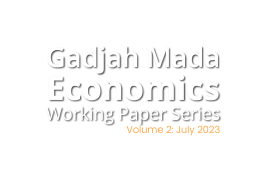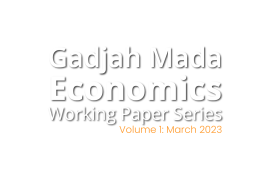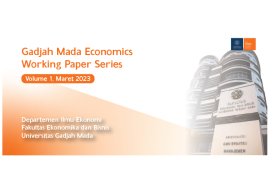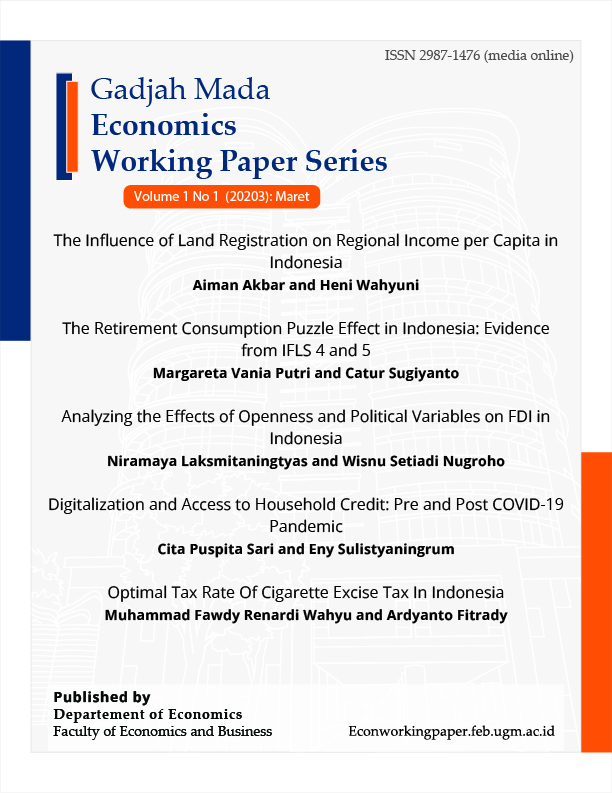Abstract
We use the Indonesian quarterly bank-level data from 2009Q1 to 2021Q1 to investigate the effect of monetary policy, macroprudential policy, and the interaction between both policies on bank risk-taking in Indonesia. Several important results emerge. Firstly, we find evidences of the existence of risk-taking channels of the monetary policy in Indonesia, and that both bank size and level of capital have a relatively significant negative impact on bank risk-taking. Secondly, macroprudential policy tightening lowers bank risk-taking. We also find that the interaction between macroprudential policy and monetary policy tightening lowers risk-taking.




